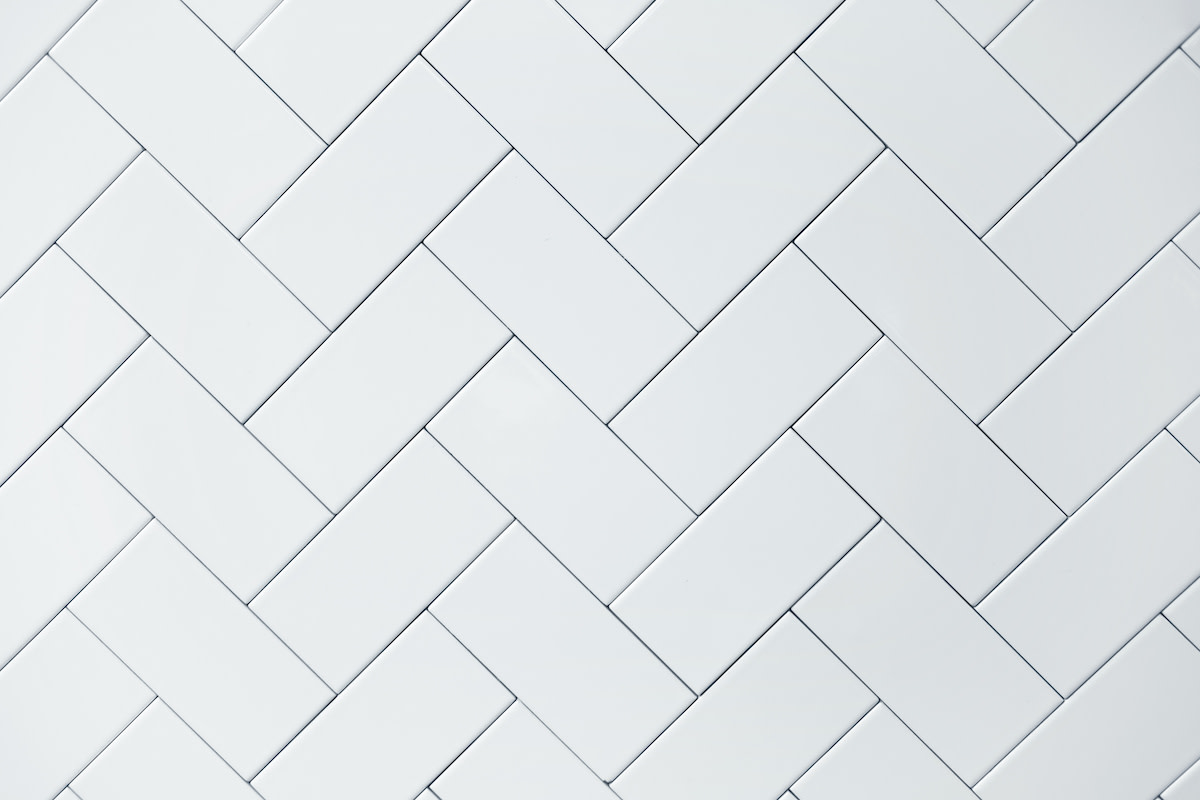Types of Tiles: 6 Flooring and Wall Tile Options
Written by MasterClass
Last updated: Jan 13, 2022 • 2 min read
Learn the characteristics of these common types of tiles before you select a flooring material for your next home improvement project.
Learn From the Best
What Are Tiles?
A tile is a thin piece of material—such as ceramic, glass, or granite—that you can use to decorate walls, floors, and countertops. Manufacturers produce different types of tiles in a variety of colors, shapes, sizes, and materials. You can purchase customized tiles to fit the aesthetic of your interior design or serve the function of durable, water-resistant surface coverings.
6 Different Types of Tile
When it comes to tile, certain materials will perform better depending on your purposes and preferences. Consider these popular types of floor tiles and wall tiles for your next DIY project:
- 1. Ceramic tiles: This clay-based, kiln-fired material is an excellent choice for high-traffic areas in the home. Manufacturers harden ceramic tile in a kiln raised to extremely high temperatures to remove moisture. Unglazed ceramic tiles undergo a second firing in a kiln to coat the material in a coating of feldspar and liquid glass to make them more scratch-resistant. Some types of ceramic tiles are exceptionally low-maintenance and eco-friendly.
- 2. Cement tiles: This high-end tile option can create an austere and minimalist aesthetic on walls or floors. Since cement forms a long-lasting surface, these tiles can provide a durable material that can highlight or complement ornamental components of your interior design. Cement tiles are a popular choice for outdoor areas, patios, or entryways.
- 3. Glass tiles: These tiles are slightly more expensive than ceramic options, but their versatility allows any homeowner or designer the versatility and flexibility to display their personality. Glazed tiles are available in various colors, sizes, and designs. You can create a focus piece with mosaic tiles, set the tiles in grout, or install a DIY subway tile backsplash above your kitchen counter.
- 4. Granite tiles: There are several igneous rock or natural stone tile options that are beautiful, long-lasting and can boost the resale value of your home. Granite and marble tiles are premium stone flooring options for bathrooms, walkways, and walk-in showers, but you can also use them for walls and countertops. Granite can range in appearance, from a speckled, luminous surface, like terrazzo, to a swirling vibrant design, similar to onyx tiles.
- 5. Porcelain tiles: These tiles have exceptional stain resistance and durability for areas of the home with heavy foot traffic. Porcelain comes from clay fired in a kiln. Compared to ceramic, porcelain requires being heated at a higher temperature and fired for a longer time, enhancing the quality. Porcelain tiles are customizable to any design or finish. You can replace your hardwood floor in your living room or bathroom with porcelain tiles that mimic natural wood grain with a matte finish. Conceal any grout lines with sealant during tile installation to complete the desired look.
- 6. Slate tiles: This porous bathroom floor tile option is similar to travertine tiles in terms of texture and material cost. Slate is one of the most expensive quarry tile materials available, but homeowners appreciate it for its appearance and slip-resistance. Slate’s porous nature helps with water absorption in moisture-rich areas in the house. You can also use slate tiles to roof houses, similar to overlapping terracotta tiles.
Ready to Give Your Space a Chic Update?
Master everything from color theory to pattern mixing with the MasterClass Annual Membership and exclusive lessons from award-winning interior designers like Corey Damen Jenkins and Kelly Wearstler. From shopping for statement furniture to designing a lighting scheme to choosing the newest member of your plant family, the skills you’ll pick up are sure to make your house, apartment, or condo feel even more like a home.
